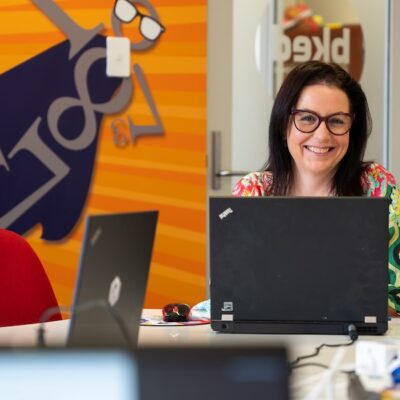Five tips to make EOFY easier
Whether an SME is well ahead of the process, or has yet to begin preparation, MYOB Executive Director Scott Gardiner offers five top tips for End Of Financial Year.
809
In the March 2014 MYOB Business Monitor it is revealed that almost half of New Zealand SMEs are preparing for the end of the financial year (EOFY) ahead of time. However, Many business owners face a tough few weeks ahead.
Whether an SME is well ahead of the process, or has yet to begin preparation, MYOB Executive Director Scott Gardiner offers the following top five tips for EOFY.
1. Take advantage of deductions, write-offs and rebates before March 31
Contact your accountant to discuss the deductions, write-offs and rebates available to your business before March 31. Take action to scrap worthless stock, plant and equipment by reviewing your asset register (which keeps track of your company equipment including items purchased, sold or disposed of).
2. Provide relevant information to your accountant or book keeper
Once the previous step iscompleted, provide all necessary financial information to your accountant or bookkeeper. There are several options; for example, have them make a point-in-time copy from your data file in the cloud or provide them with a secure copy of your backed up files. Check what best suits them.
3. Finalise end of year adjustments
Your accountant or bookkeeper may want to make a number of adjustments to your reports or accounts. Once changes have been updated, lock all accounts relating to that year so that data remains accurate. This will help ensure an easy transition into the new financial year.
4. Create a separate copy of your accounts and back it up
Whether you’re working on your accounts in the cloud or on your desktop, you should seriously consider making a point-in-time backup outside your accounting system that creates a data file for the 2013/2014 financial year only. Carefully save and store your 2013/2014 financial yearfile elsewhere in the cloud or offline.
5. Prepare for the new financial year
The end of financial year shouldn’t be all reports and numbers. It’s also a good time to reassess and tweak your business plan and ensure you’re on the right path for next financial year. It’s a good idea to review your accounting softwareand think about how your business can benefit from cloud accounting solutions, whether that’s moving to online accounting or removing pain points by using add-on solutions.





